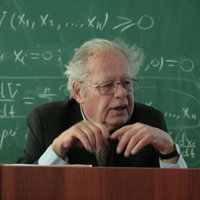In SSAU Professor of the Giessen University Horst Loeb gave lectures, which introduced the
Professor of the Giessen University Horst Loeb arrived in Samara State Aerospace University at the invitation of the main direction of scientific and educational activities "Space Engineering".
Senior Research Scientists of the Department of Space Engineering, Doctor of Engineering Science Professor V. V. Salmin, Doctor of Engineering Science Professor O. L. Starinova two months ago worked in cooperation with Professor Loeb at the Russian-German Symposium "Electric Rocket Engines. New Challenges" held in Dresden.
In SSAU Professor of the Giessen University Horst Loeb gave lectures, which introduced the concept of sending astronauts to Mars expedition, and also talked about the types of electric rocket engines and the theory of high-frequency ion engines.
Professor Loeb more than half a century works in the field of research and development of plasmadynamic systems, high-frequency ion propulsion engines of spacecraft and ion-plasma technology sources as well as ion-plasma injectors designed for fusion research.
Professor Loeb suggested using electrorocket engines for orbital transfer and interplanetary flight, creation of space transportation systems based on this type of engine.
In Samara, Professor Loeb told about a new concept of the flight mission to Mars - on the basis of the use of nuclear electric rocket engines. This concept is now being developed in the MAI, led by Professor Loeb and RAS Academician G. A. Popov.
Professor presented not only the calculated characteristics of a new type of spacecraft, but also demonstrated a preliminary design for the look of the spacecraft for interplanetary travel.
The mission involves several stages. At the first one the trucks output the parts of the future transport system for 250 tons into low orbit (500 km). Next comes the installation of the spacecraft, its conversion into a higher orbit, where it is docked with the manned spacecraft "Soyuz". The mission is sent to Mars with electric propulsion system and a nuclear power source. Upon reaching the Red Planet the shuttle with astronauts is separated from the mother spacecraft. They work and live on Mars for 7 months until the will be a possibility to return to Earth.
"This mission is more straightforward than the one which is now accepted as a basis for NASA - the professor says. - In this system there are fewer reasons for refusal. It is cheaper. If the international community will connect to this project, it will be possible to rearrange the whole fleet: two manned spacecraft and a truck".
The launch is expected in March 2036, and in January 2038 the first interplanetary travellers will
return home.
Professor Loeb answered numerous questions from the students, held a seminar where he heard reports of SSAU young scientists. His impressions of our students, graduate students and young PhDs are very good, "I was struck by the interest of SSAU young scientists with the problems of space exploration. This gives hope to the implementation of ambitious space projects".
Professor also met the Rector of SSAU. Evgeniy Vladimirovich Shakhmatov said: "When put enormous task, the students receive a sense of belonging, understanding that the future of the modern world is in their hands. And then, they can move mountains encouraged by it! "
At the meeting it was decided in principle that the next Russian-German Symposium on electric motors and their use in space will be held in 2015 in Samara.
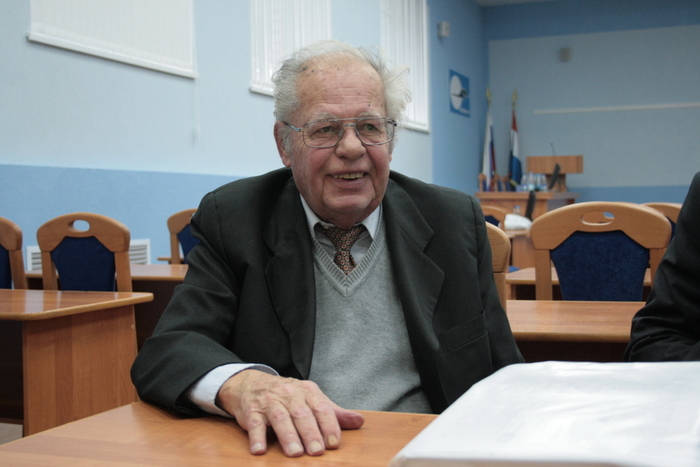
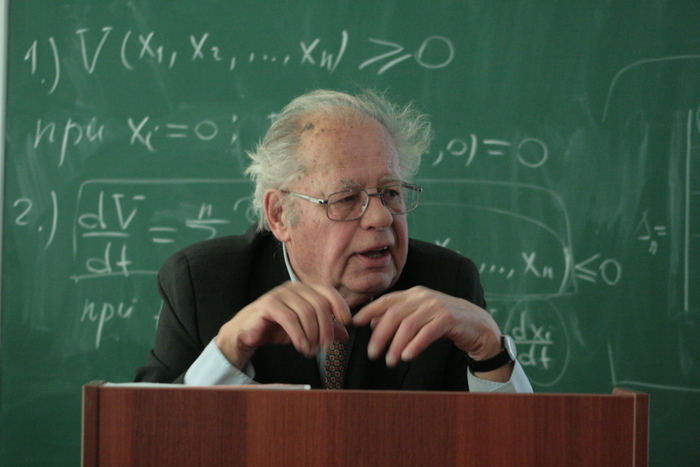
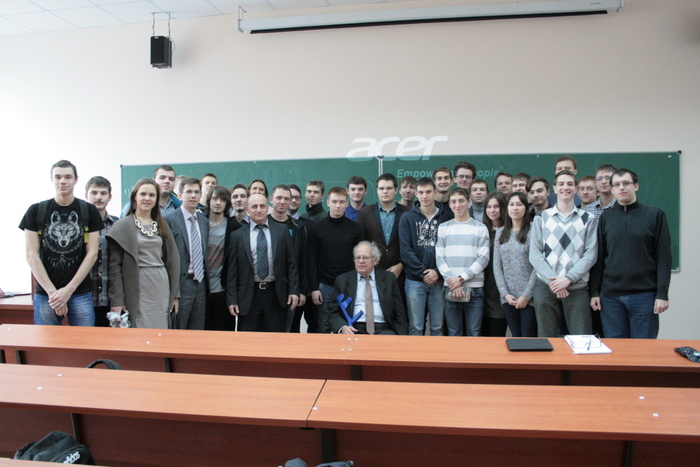
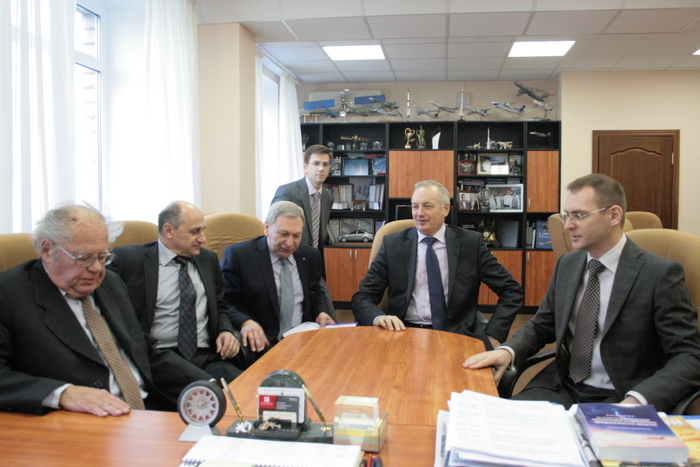




 RU
RU  EN
EN  CN
CN  ES
ES 